FEATURES • DESTINATIONS
Desa Seni:
Remembering
the Land
Words & Photography by The Punch
There’s a quietness to Thomas Talucci–not silence, but a kind of still clarity. A way of moving through the world that doesn’t insist, but observes, and builds from there. He came to Bali 29 years ago, carrying with him no plans for permanence. Born in Mexico, raised in Brazil, shaped by a fast-moving life in the United States, Thomas had grown up in the in-between. The flight to Bali was meant to be a favor for his brother–a design job, nothing more. But the island had other ideas.
There was something in the rhythm of life here that slowed him down just enough to hear himself again. He began with wood–salvaged and worn smooth by time. He designed furniture. Then moved antique teak homes across borders and into new lives. These were pre-cement structures, carved before concrete and rebar. There was reverence in them. He worked with architects in Hawaii, Arizona, Italy. But it was Bali that kept calling him back.
What started to take shape wasn’t a plan–it was a feeling. A kind of remembering. He looked around at the modern builds popping up across the island and felt disoriented. “Shoebox villas,” he called them. “They could be anywhere.” He wanted to root something. Something that couldn’t be moved, even if it physically could. And so, piece by piece, house by house, he began assembling Desa Seni. A village. A living place. A way of holding space for things that matter.
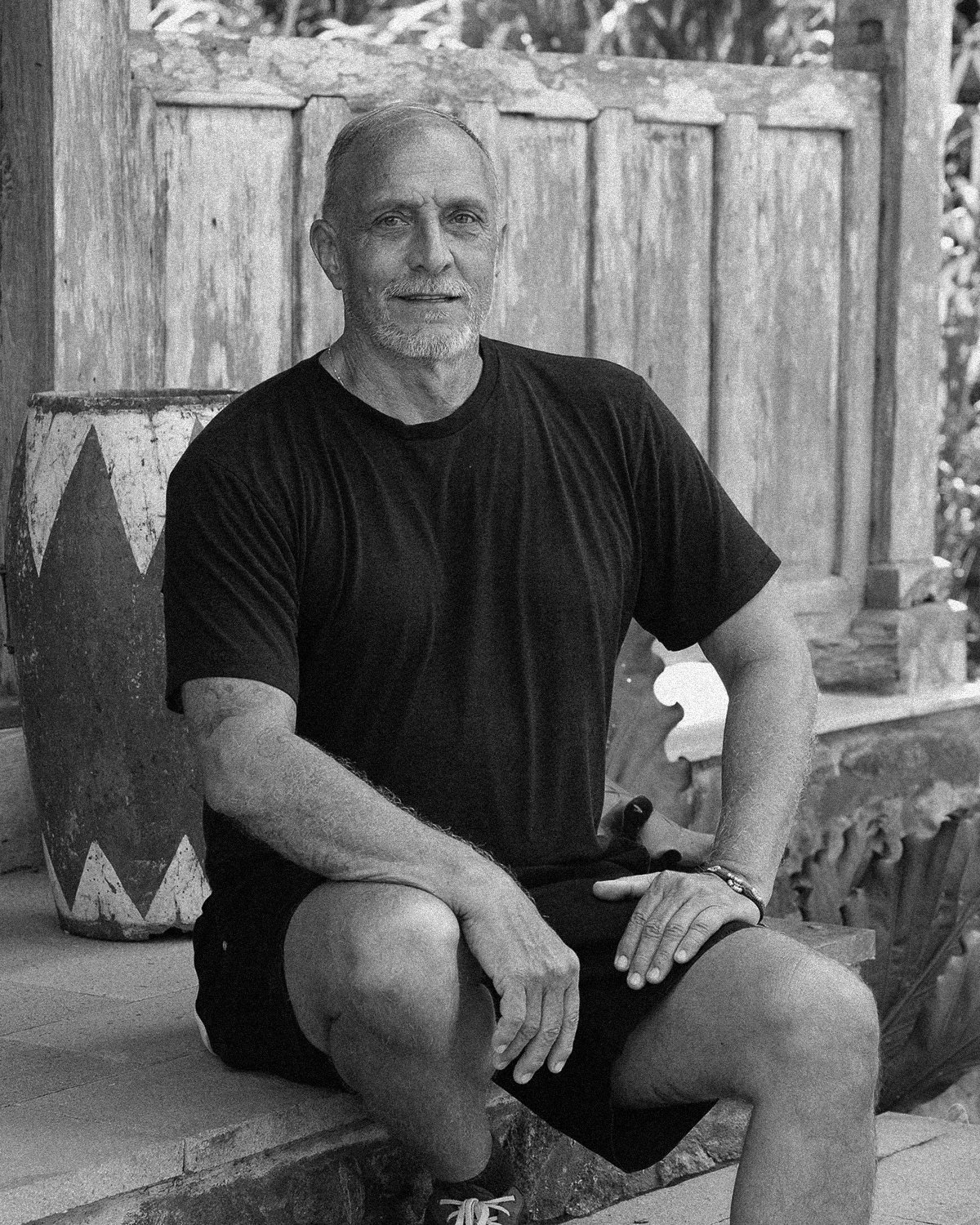
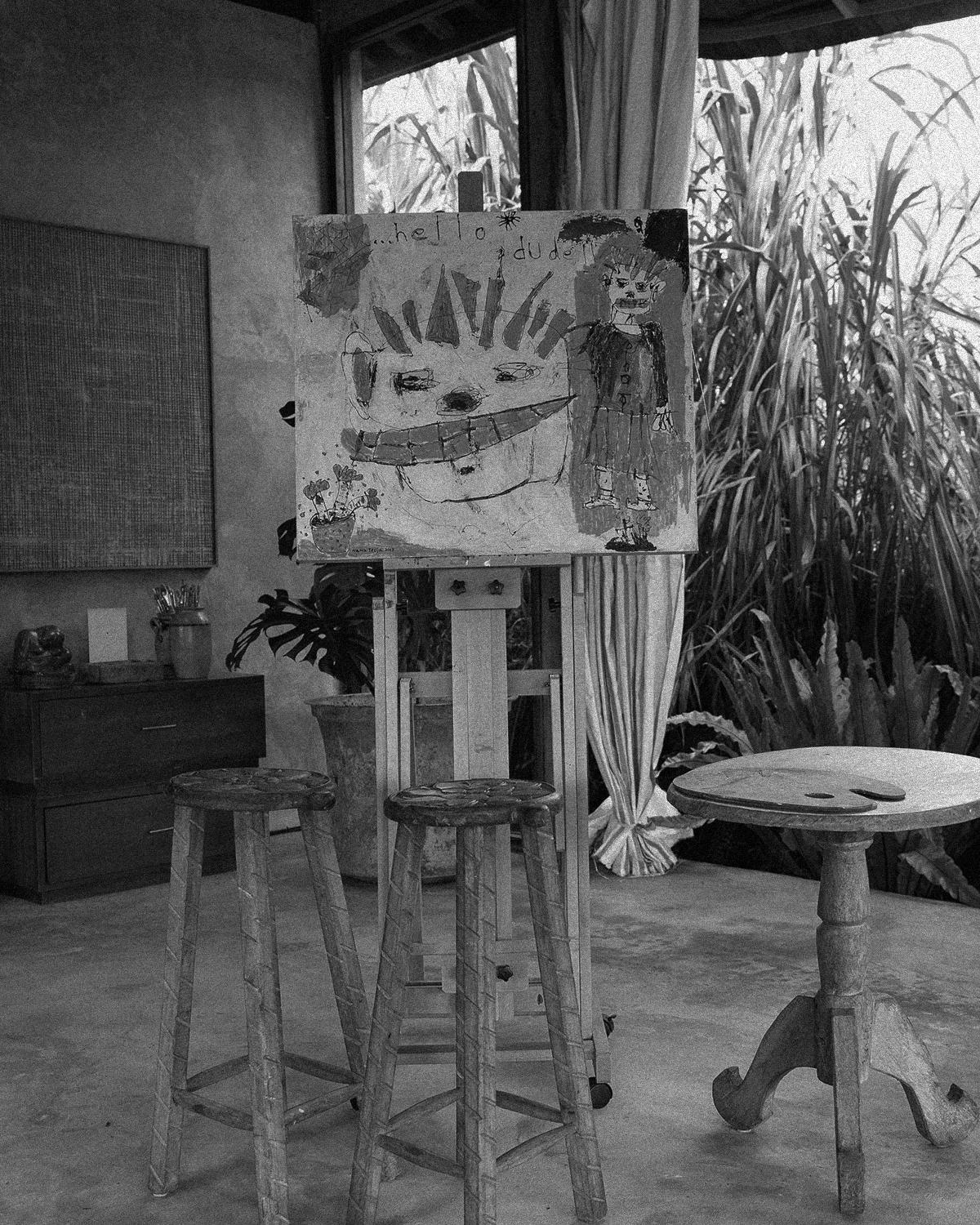
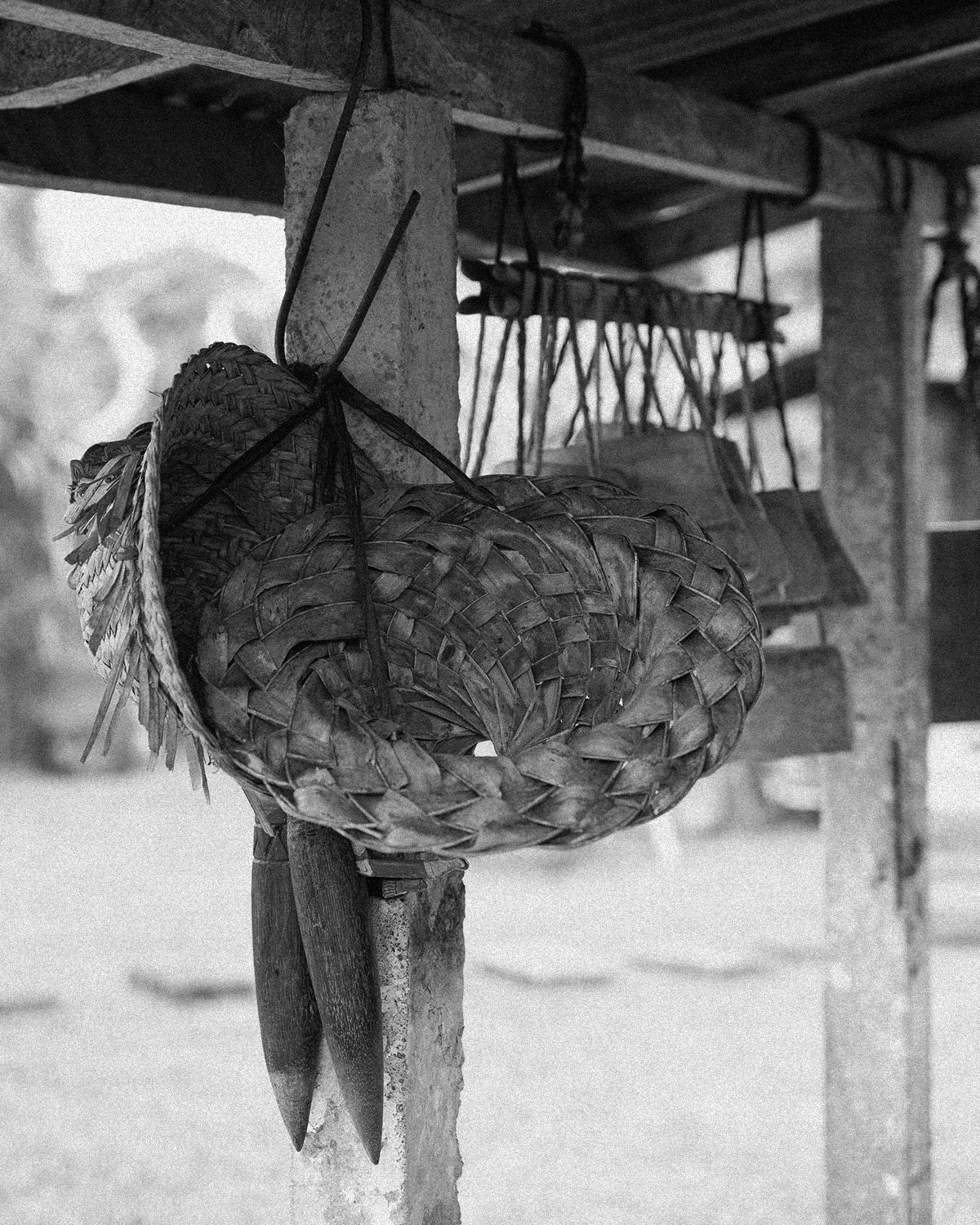
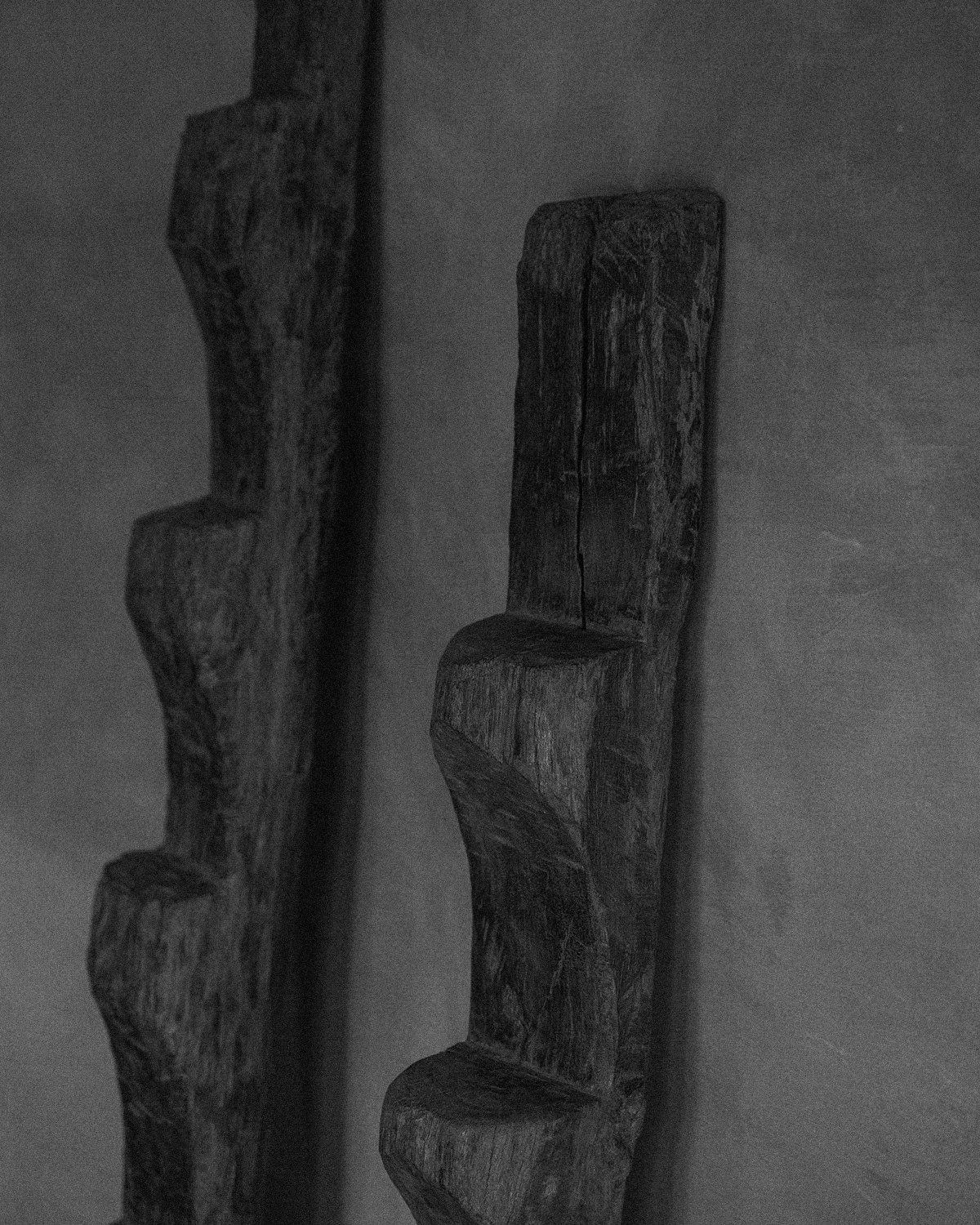
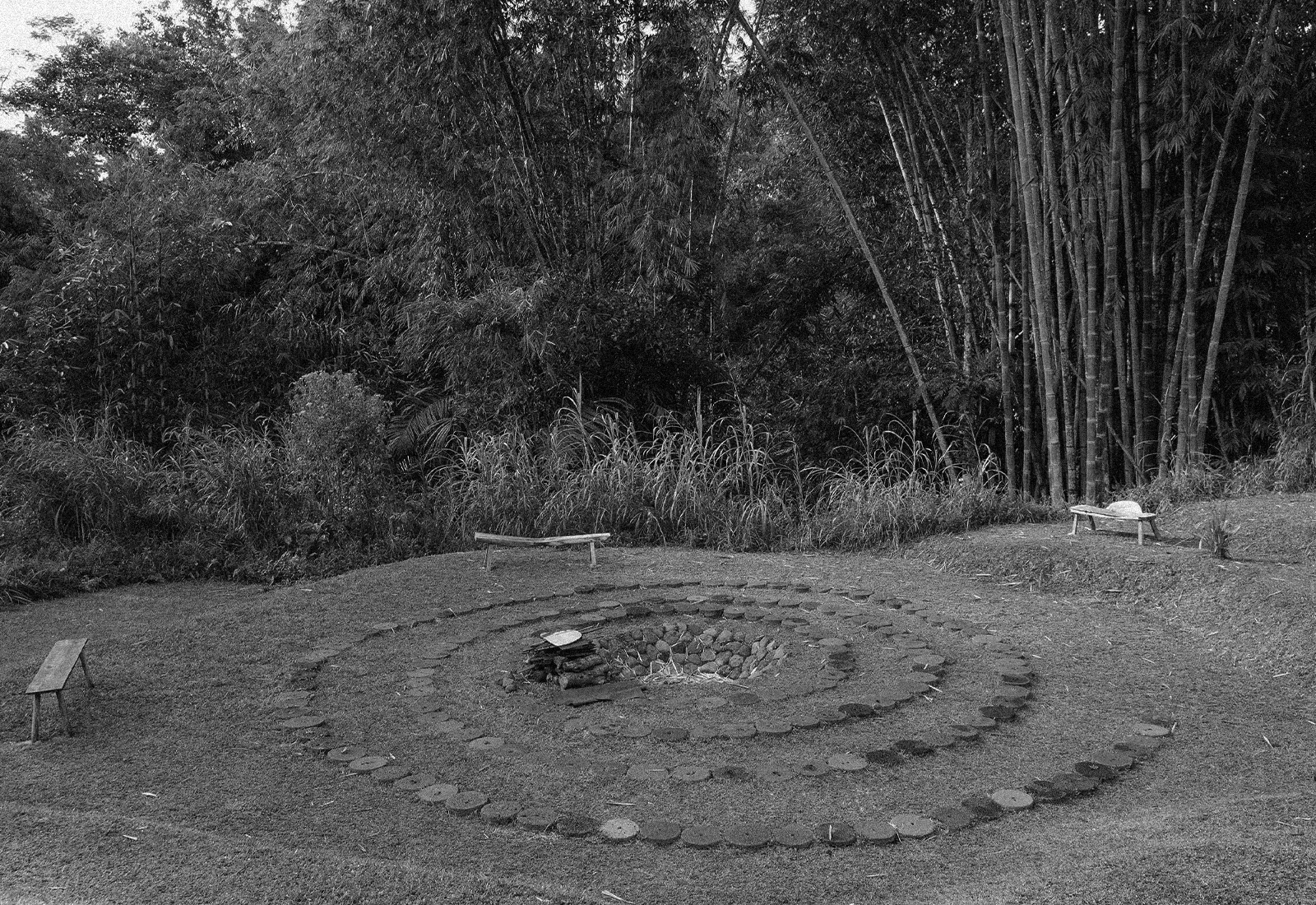
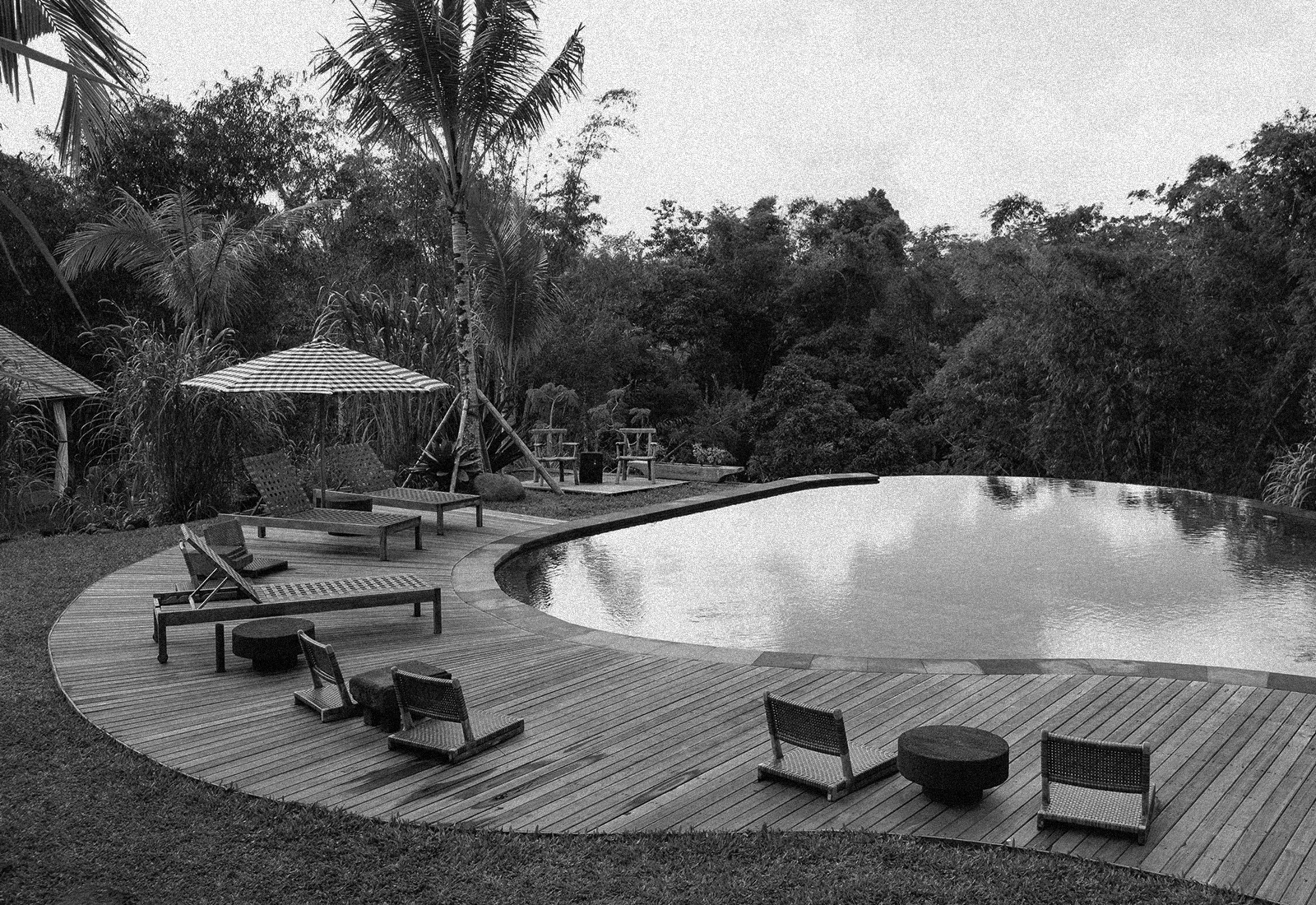
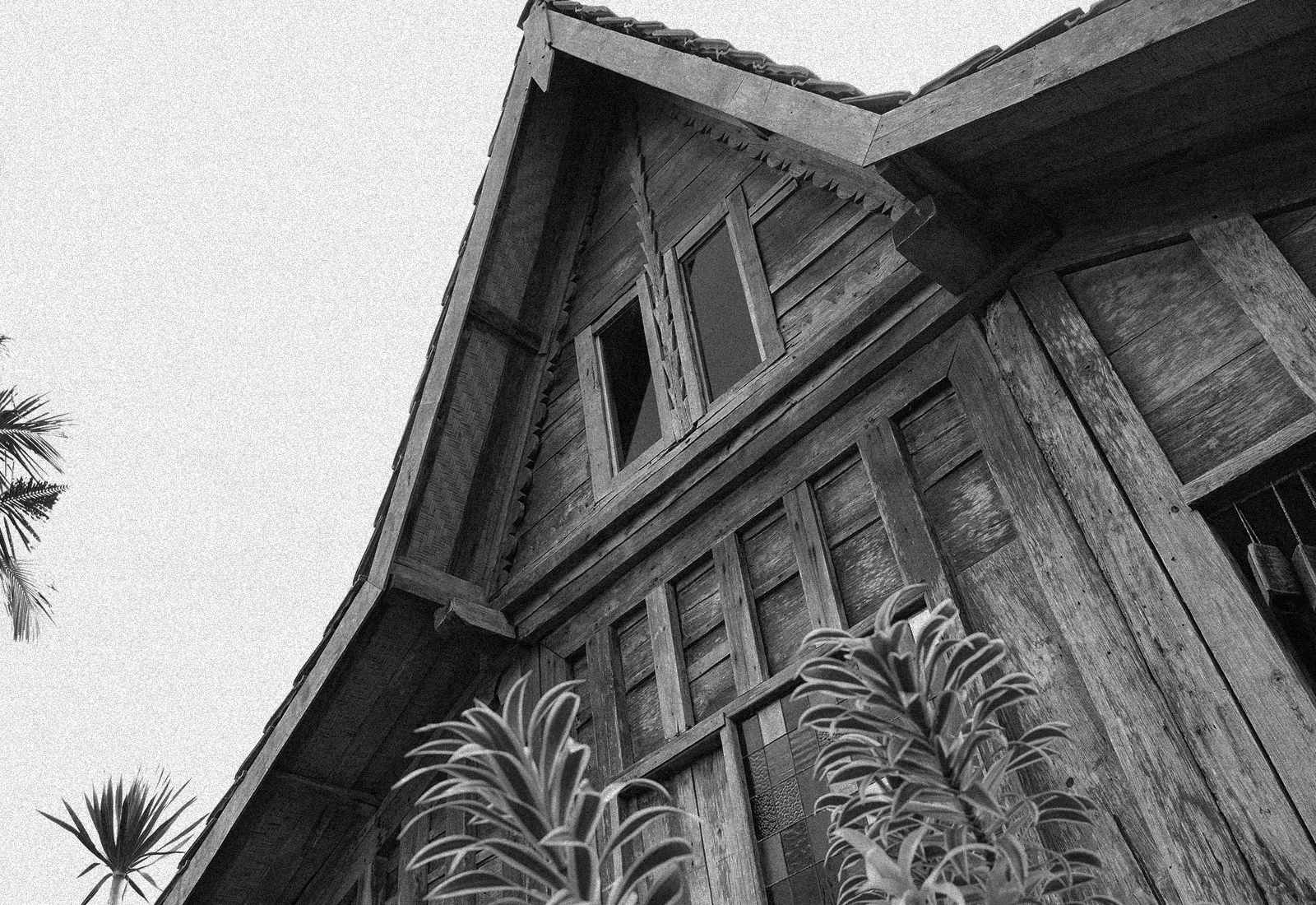
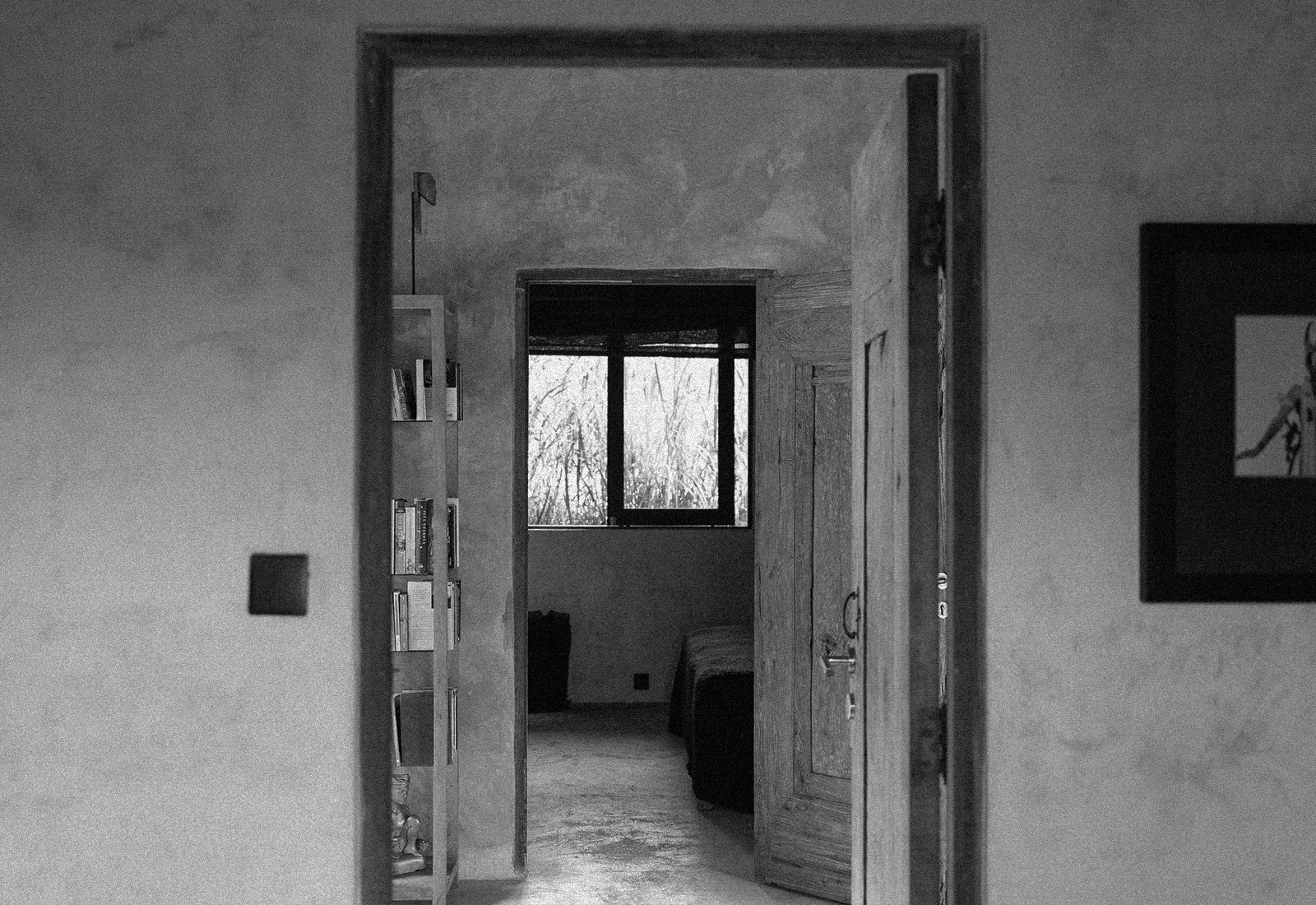
DESA SENI, WHERE ART AND SOIL COLLIDE
When Desa Seni opened its gates in 2005, Berawa was still rice fields. You could look out from the land at night and see only darkness, dotted with fireflies and temple lights. No cafés. No scooters. Just the sound of frogs. The name means art village, but that’s always been more of an ethos than a label. Thomas didn’t want to make another retreat or hotel. He wanted to build a place where Indonesia could speak for itself in full spectrum. Architecture, cuisine, craft, language, belief. A map of the archipelago, told through texture and experience.
He wasn’t interested in offering “wellness” as a buzzword. What Desa Seni offered was something closer to remembrance–a returning to the body, the earth, the self. Yoga, meditation, and healing arts became part of the offering. But so did classes on composting, jamu-making, Balinese offerings, and traditional language. The idea was never just to host guests. It was to hand them something–knowledge, rhythm, a seed of change–and let them carry it home. “Travel,” Thomas says, “should transform–not just entertain.”
LETTING THE LAND LEAD
Desa Seni has since moved inland, to the highlands of Bali’s agricultural heart. It breathes differently there–cooler, quieter, older. In this new place, the vision has expanded without straying. More forest. More farming. More of what was only dreamt of back in Berawa. Central to this new space is the Art Center–a wish finally realized. Guests are invited to paint, mold clay, weave, write. Not to perfect, but to explore. “It’s about touching the part of yourself that forgot it existed,” Thomas says. “That part before the schooling and the shaping. The original self.” Art, for him, is one of the clearest paths to that self. The center hosts artists-in-residence, including self-taught creatives like Howard Kurtzman, whose work holds the layered imperfections of a life fully lived.
WHAT THE BUILDINGS KNOW
At Desa Seni, nothing is built on more than 10% of the land. The rest is left to breathe. Ancient teak homes are moved and modernized with care–bathrooms, fans, safes, comfort. But the foundations float, the stones are reclaimed, and the land remains unscarred. Thomas is firm about this. “Soil needs to breathe,” he says. “We’re suffocating the land with concrete.”
It’s more than aesthetic. It’s belief. Every stone placed with intention, every house a story. These buildings–some over a century old–carry memories. You feel it when you walk in. The weight of lives lived, of generations passed. That weight, somehow, lightens you. And it extends into every material decision. No plastic. No imported ingredients. Every choice, circular. Every act, a small conversation with the planet.
EDUCATION AS ECOSYSTEM
For Thomas, the true work has always been education. Not in a teach-and-preach kind of way–but through doing, witnessing, and inviting others in. The staff are taught to compost, to recycle, to use cloth over plastic. Guests are given bottles to refill, not throw away. Children from local orphanages are invited to intern and train–paid, mentored, and sometimes hired permanently.
“Community isn’t something you market,” he says. “It’s something you build. Slowly. From the inside.” There’s a ribbon program–Making Dreams Come True–where guests can donate to help local children pursue personal dreams: learning guitar, surfing, creating something beautiful. “Sometimes it’s those things–those small, almost impractical things–that spark something deeper.”
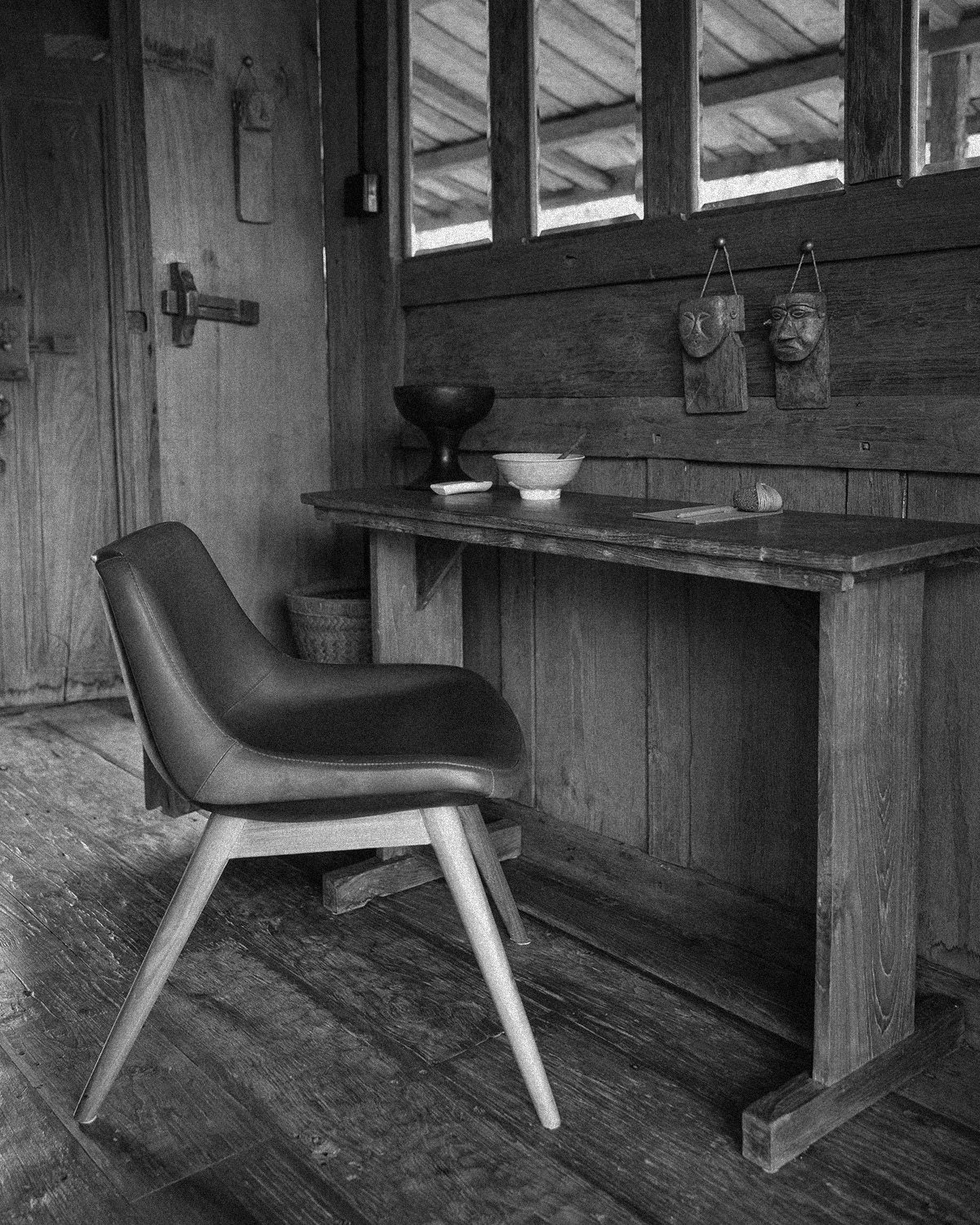
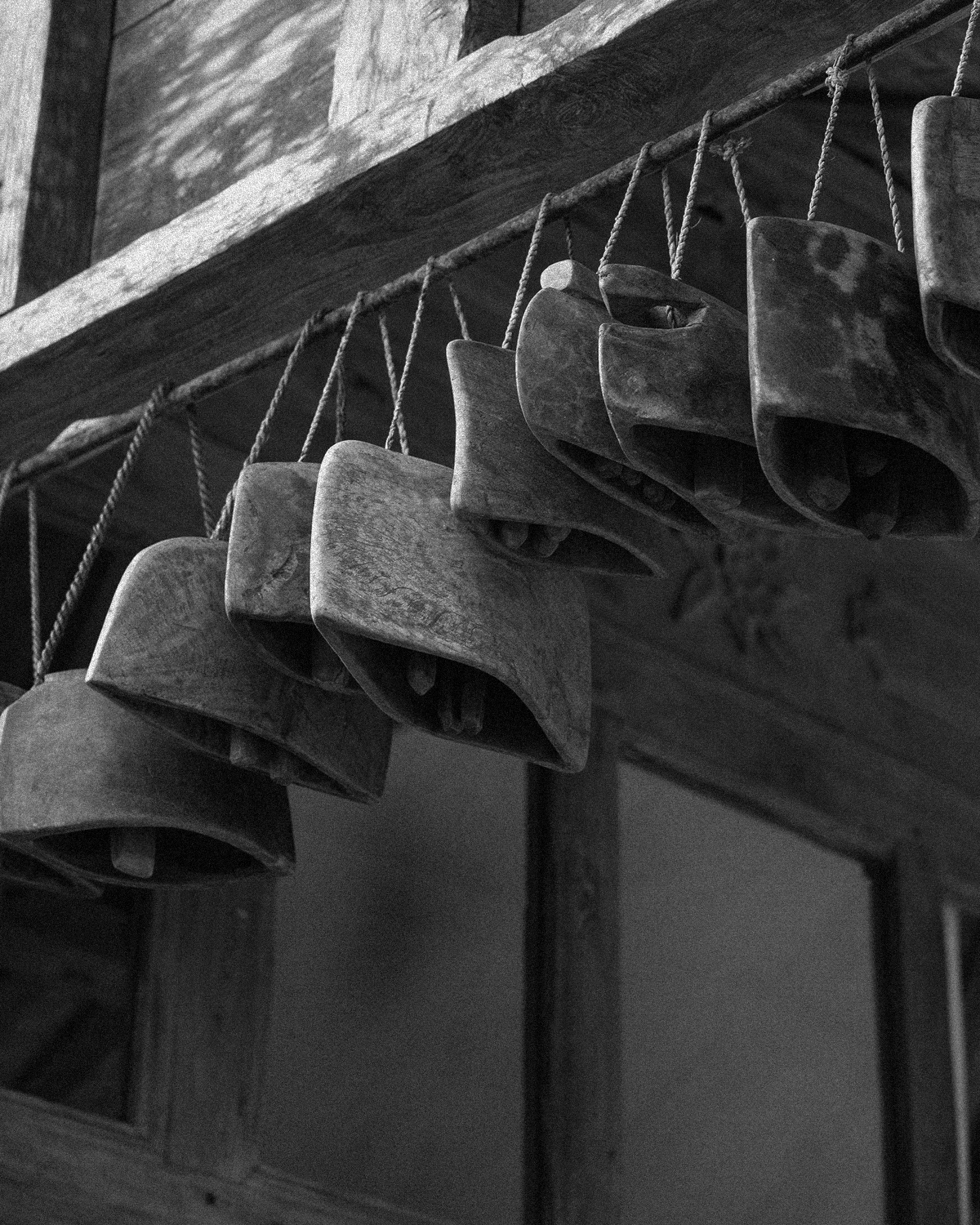
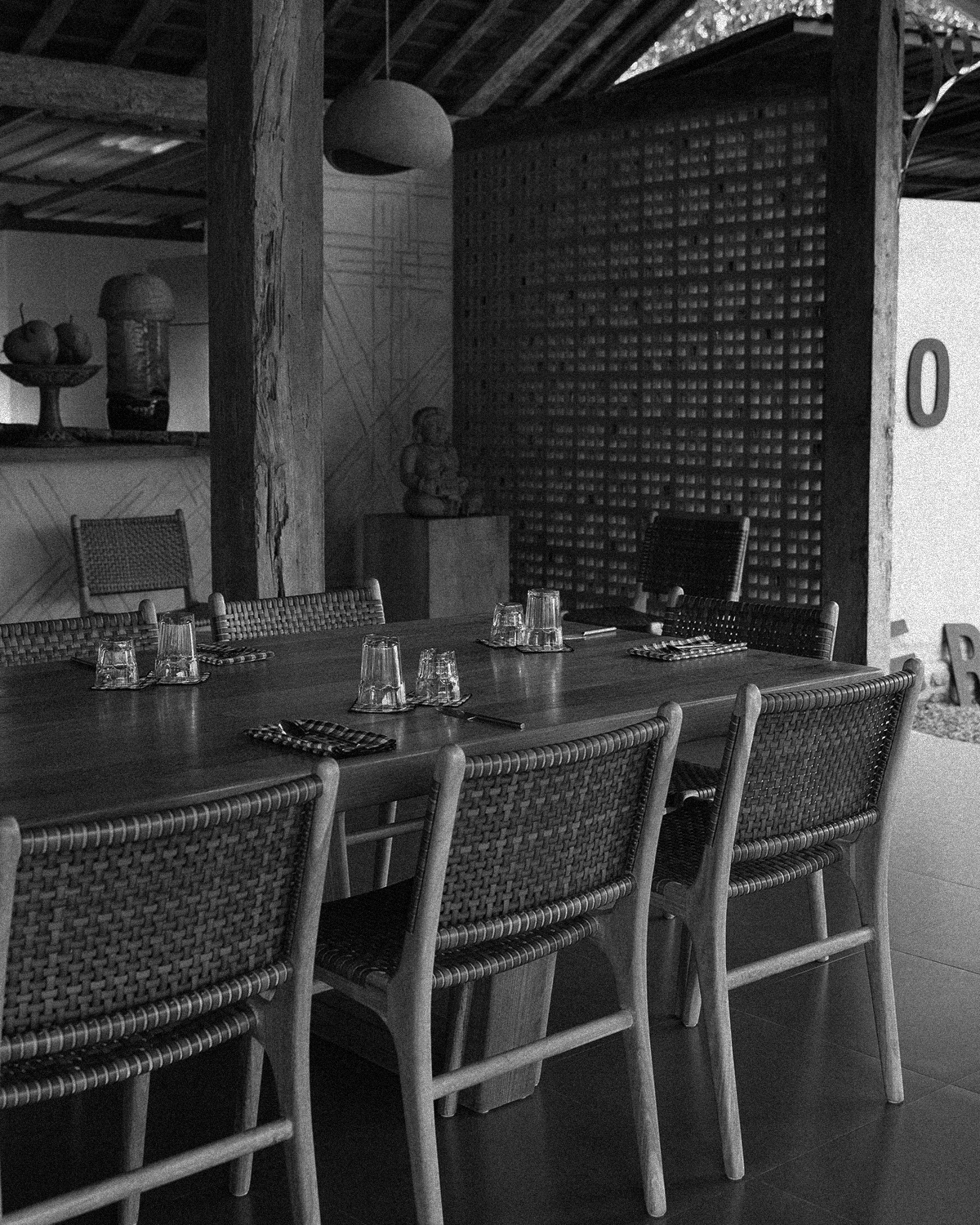
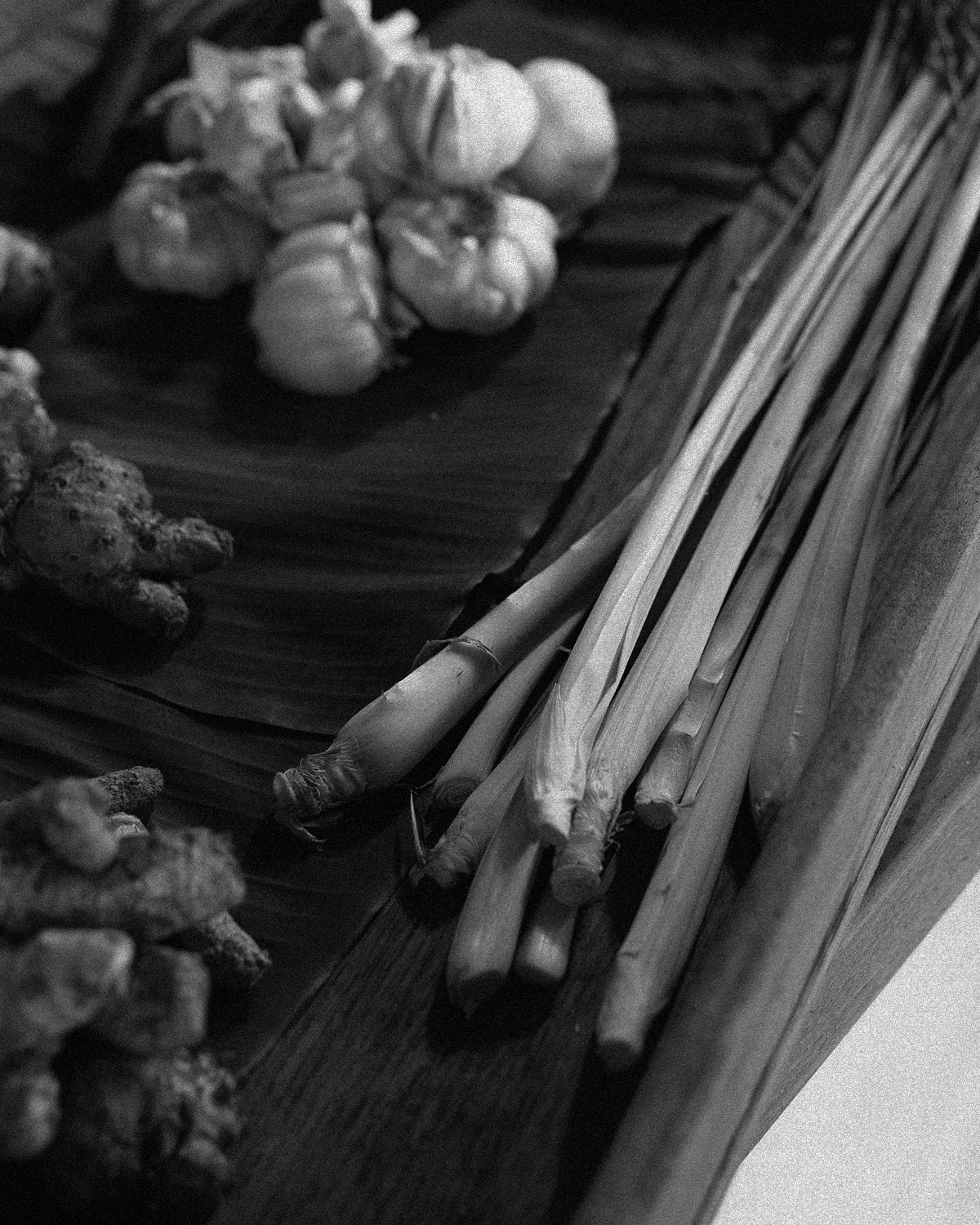
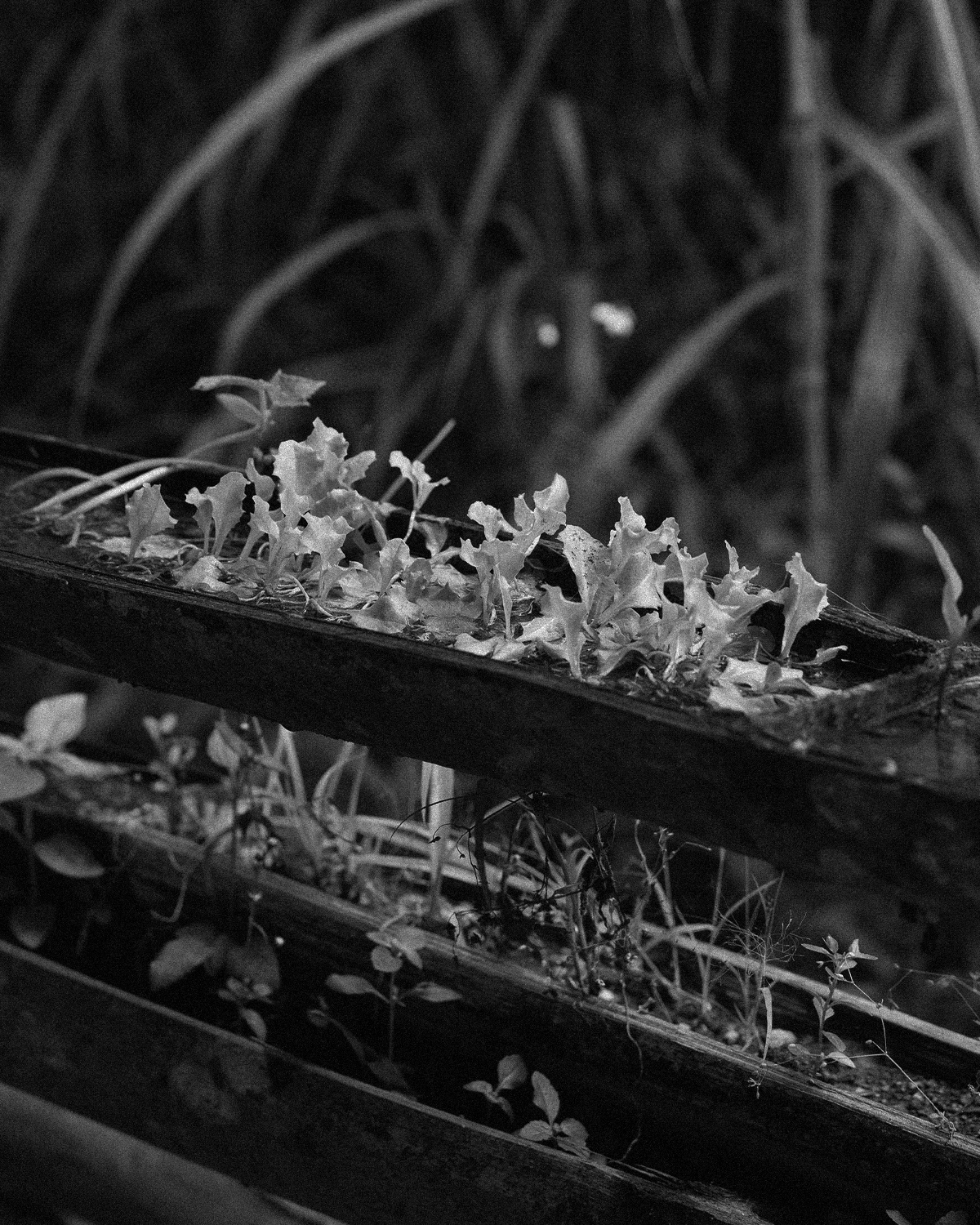
A TABLE THAT KNOWS THE TIME
The restaurant is called Seasons–a simple name with a powerful intention. The menu follows seasonally–what’s available, what’s growing, what’s in rhythm with the land. No imports. Only what the local forests, farms, and fishermen offer. Desa Seni works with line-caught seafood, not nets. It supports practicing organic farmers–even when that means higher costs and lower yields. Wild greens from the surrounding forests often make it onto the plates. A dish isn’t just a dish here. It’s a snapshot of what the land is offering in that moment. “It’s about living in rhythm,” Thomas says. “Not bending nature to our needs, but adjusting to hers.”
THE WORK IS NEVER DONE
Thomas isn’t done. He speaks of future residencies, expanded workshops, new projects just beyond the horizon. But always with the same structure: no more than 10% built. “That rule keeps us honest,” he says. Growth, for him, doesn’t mean bigger. It means deeper. It means building something people can feel in their bones, even if they don’t have the words. Desa Seni is not a product. It’s a process. A remembering. A space to return to yourself through soil, through sweat, through stillness. And in a world spinning faster each day, that may just be the most radical offering of all.
EXPLORE THE PUNCH

